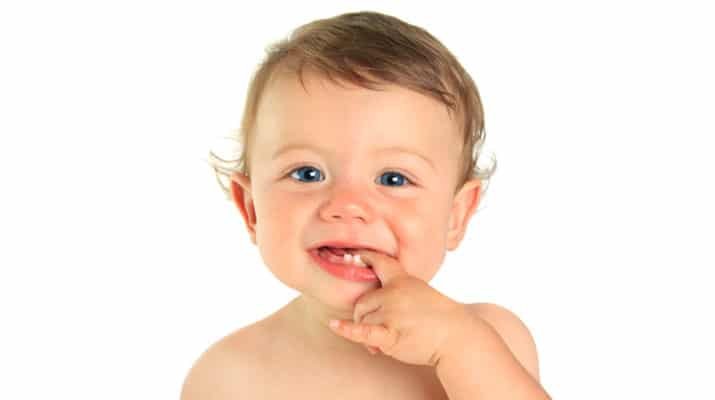By Deborah Jeanne Sergeant
It may seem of little consequence if baby teeth get cavities since they’re just going to fall out to make room for permanent teeth.
But orthodontists place a good deal of value on keeping a child’s original teeth healthy.
“You want to keep as many baby teeth as you can until they fall out naturally,” said Kevin J. Hanley, orthodontist at Hanley Orthodontics in Buffalo. “They’re placeholders for the adult teeth that come in later. If you lose the baby molar teeth — the six-year molar, which is the first permanent tooth — that can come in forward and block the eruption of the tooth in front of it.”
Keeping that space is so important that when a baby tooth must be extracted early, it’s advisable to place a space maintainer in the mouth to hold that molar where it belongs.
Orthodontist Steven Hietanen with Orthodontists Associates of Western New York said that baby teeth also help in developing the arches to the proper size. Baby teeth lost too early can mean the tongue is in a different, unnatural position.
“Space loss can occur and subsequent crowding will raise the risk for extractions for the future in orthodontics,” he said.
As many as 10% of the population is missing permanent teeth, meaning that an expected permanent tooth didn’t form in the jaw so it never comes in.
“Sometimes, when permanent teeth are missing, we elect to save baby teeth as their replacement,” Hietanen said. “If no one has taken X-rays to ensure they have all their permanent teeth and makes the assumption the baby tooth will just fall out and you find out there’s no tooth under there, it’s a miscalculation.”
Sometimes, Hietanen said he has a new patient as old as 14 who then learns teeth are missing.
Proper oral hygiene can help children keep their baby teeth for as long as they’re needed. Leaving it up to the children is likely not the best strategy. New encourages parents to monitor brushing with fluoride toothpaste—at least twice daily—for two minutes each session. Daily flossing is also important, as it removes plaque before it has the chance to harden onto the teeth. The child’s dentist can provide help in teaching proper technique.
As recommended, a fluoride dental rinse can help improve oral health, especially for children who live in cities that don’t add fluoride to the drinking water.
Children can be seen by their dentist as early as the first tooth to get acquainted, become accustomed to dental examinations and develop a relationship of trust. Parents should also set a good example of keeping up with their own home care and scheduled dental visits, as well as carefully monitor their children’s hygiene.
“If you teach a child to brush well when they’re young, they’ll hopefully keep that habit through life so they don’t get cavities and periodontal disease later in life,” Hanley said. “You don’t see it a lot in young kids, but if you teach the proper technique, they’ll likely continue. It will save them a lot of problems later on from cavities.”
Dental cleanings and exams twice a year or more often if recommended can help prevent problems.

